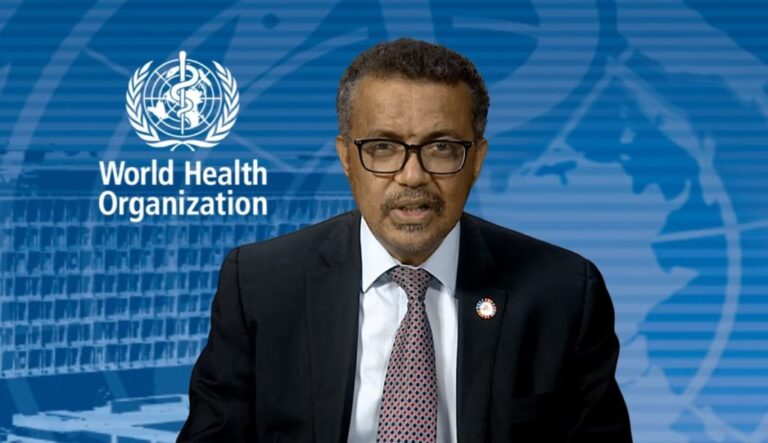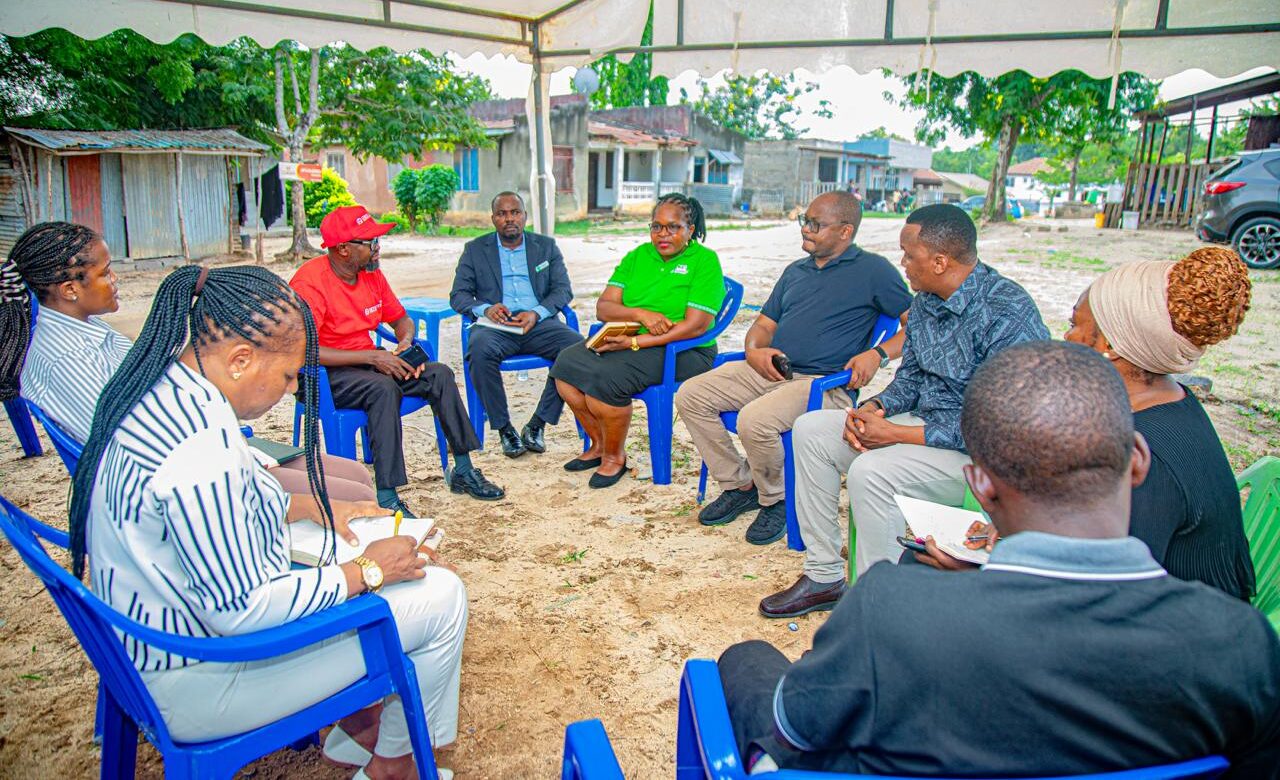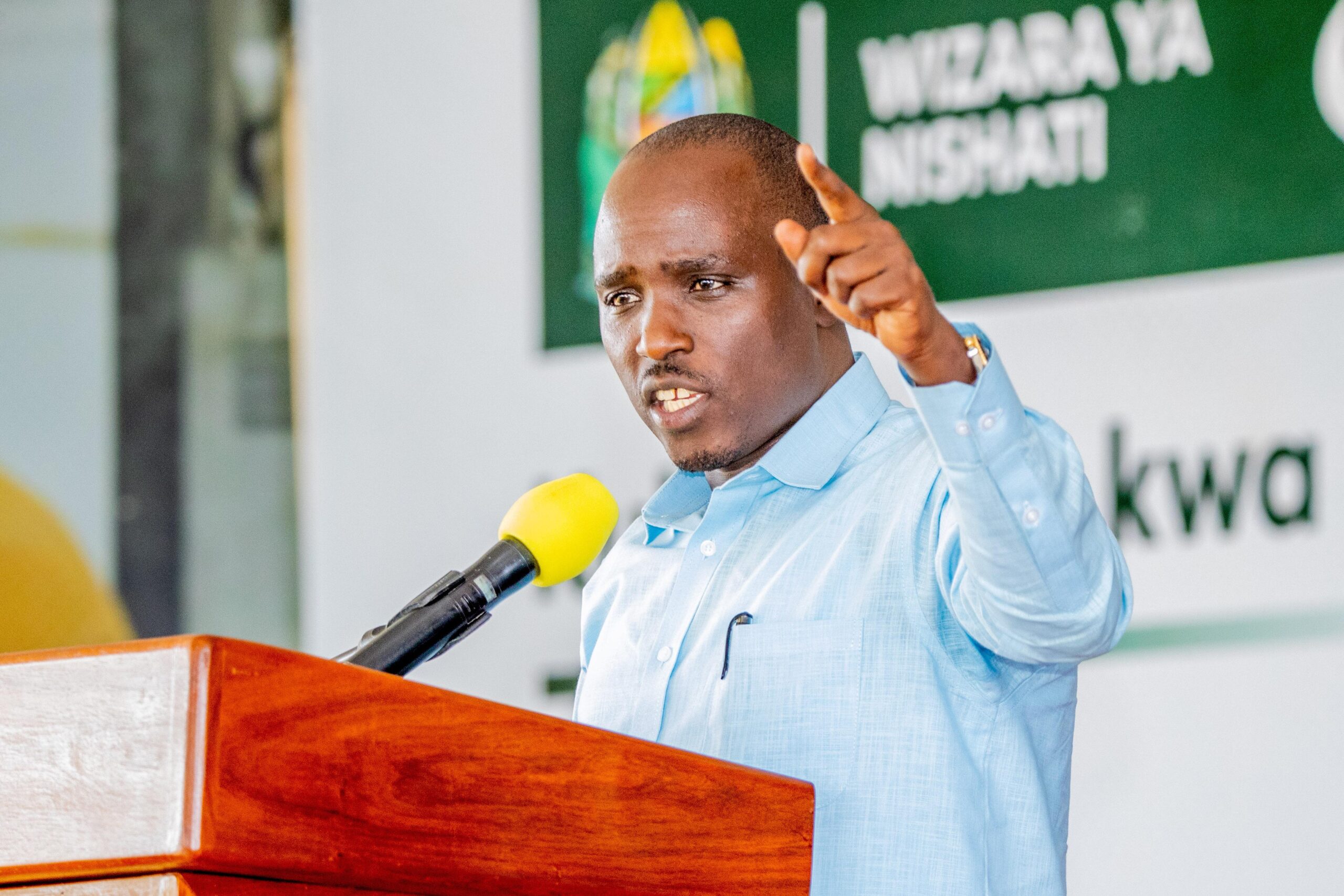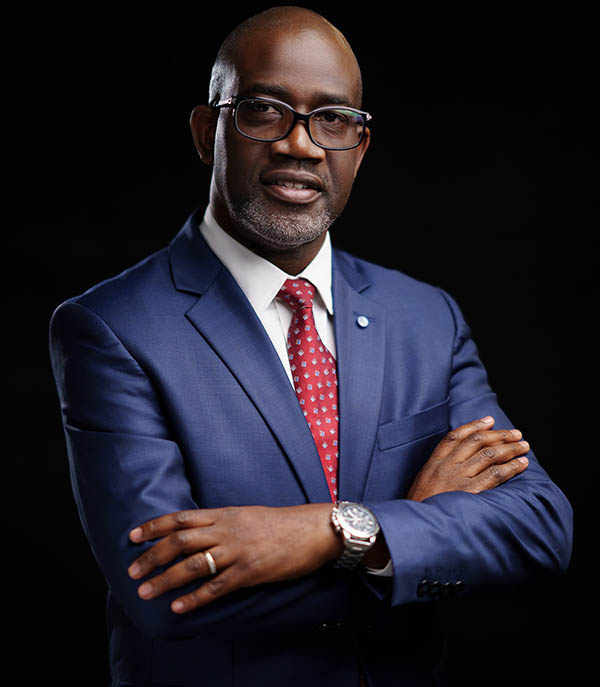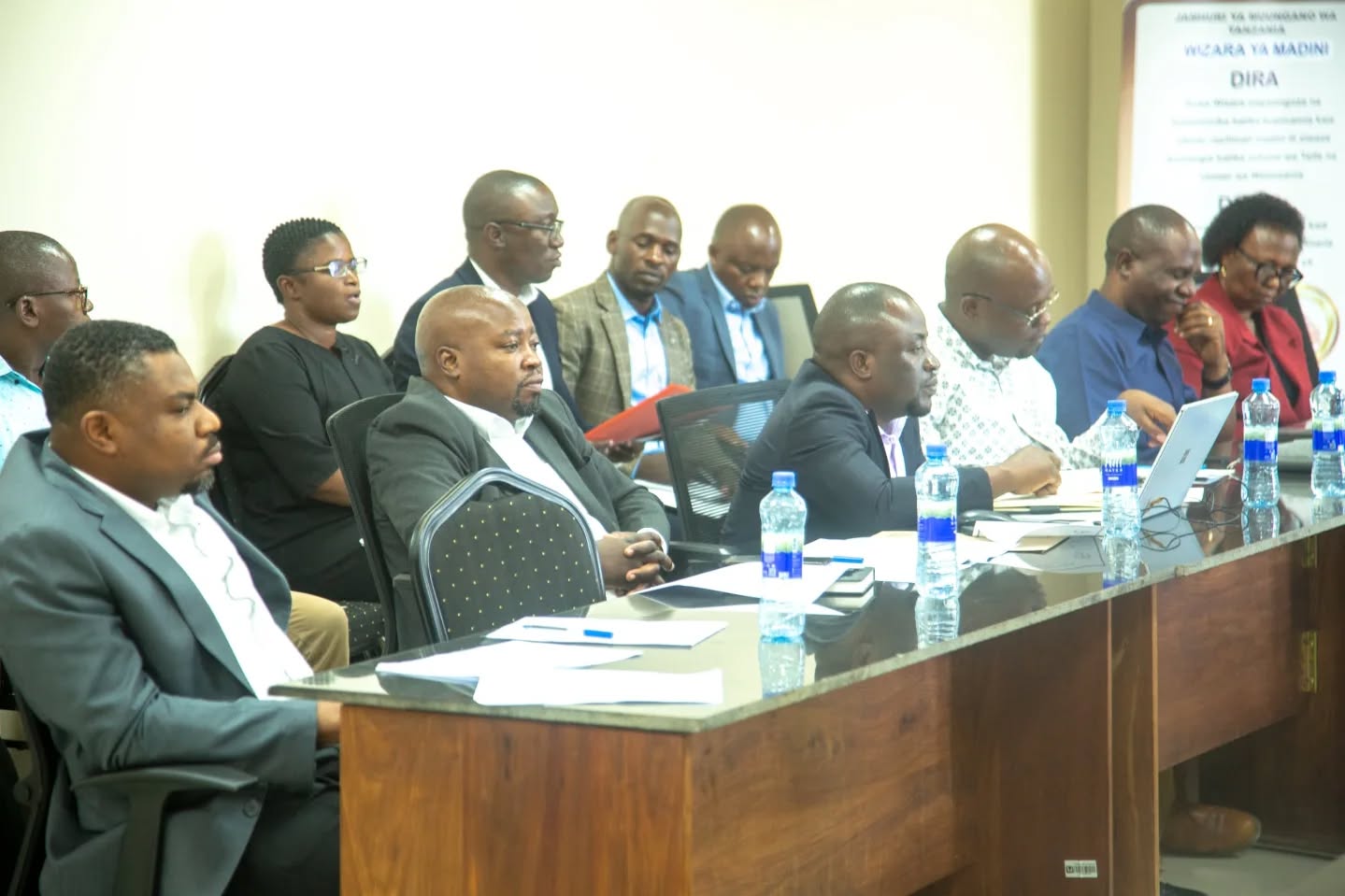Dar es Salaam. The World Health Organization (WHO) has expressed deep concern over the United States’ decision to suspend funding for global health programs, warning of severe disruptions to HIV treatment, polio eradication efforts, and emergency responses in crisis-affected regions.
During a press conference on global health on Wednesday, February 12, 2025, WHO Director-General Dr Tedros Adhanom Ghebreyesus underscored the critical role that US funding plays in health emergencies worldwide.
He specifically highlighted the impact of funding cuts to PEPFAR—the President’s Emergency Plan for AIDS Relief—which has provided life-saving HIV treatment and prevention services in 50 countries since its launch in 2003.
“Although a waiver has been granted for life-saving services, it does not include prevention services for some of the most at-risk groups. Clinics have shuttered, and health workers have been put on leave,” he said.
In Tanzania, where PEPFAR has been instrumental in the fight against HIV/AIDS, the suspension could reverse decades of progress.
Since the program’s inception, AIDS-related deaths in Tanzania have declined by almost 80 percent , and new infections have dropped by nearly 60 percent.
In 2003, fewer than 1,000 people in Tanzania were on HIV treatment.
Today, over 1.5 million Tanzanians receive life-saving antiretroviral therapy, thanks to US investments totaling nearly $7 billion.
Beyond HIV/AIDS, Dr Tedros warned that U.S. disengagement is also affecting global efforts to eradicate polio and control mpox outbreaks in Africa.
In Myanmar, nearly 60,000 people—mostly women and children—have lost access to essential health services.
Additionally, WHO has expressed concern over limited information regarding the spread of avian influenza among dairy cattle in the U.S.
Dr Ghebreyesus urged the US government to reconsider its decision and continue its funding at least until alternative solutions can be found.
“We ask the US to consider continuing its funding, at least until solutions can be found,” he said.

